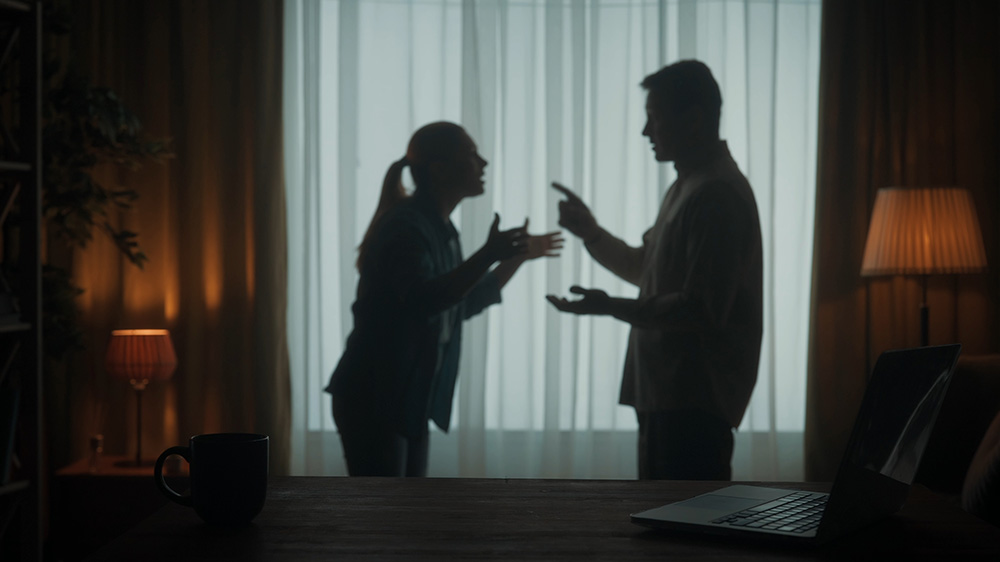If your marriage has come to an end, you have a couple of options. Judicial separation or divorce. There are a few differences between these options, which we will explain in this article.
What Is Judicial Separation?
Judicial separation lets a couple separate legally, without having a divorce. The marriage is officially ended in the eyes of the law, as it is a formal separation that is granted by the courts.
Whilst it isn’t as common, judicial separation is attractive to couples that are opposed to a divorce/unable to apply for one. This could be because:
- Cultural, moral or religious reasons mean the couple doesn’t want to divorce
- The marriage/civil partnership has lasted less than a year, so the couple aren’t able to apply for a divorce
- The couple want to be legally separated but are not sure if they want to end the marriage
How Is It Different to Divorce?
The main difference is that at the conclusion of a judicial separation, you are still married.
Further differences include:
- The court will not consider your marriage is irretrievably broken down because your marriage will legally continue after the judicial separation
- As of 6th April 2022, when the no-fault divorce law was introduced, you only need to apply for a judicial separation. You do not need to prove that the marriage is broken down due to any of the cases of divorce
- At the end of a divorce, you will receive a Final Order. At the end of a judicial separation, you will receive a Decere pronouncing formal separation
Why Would Someone Choose Judicial Separation Over Divorce?
- It is much quicker when compared to divorce. With a divorce, there are several stages to meet before you get to the final order, which legally ends the marriage
- You will still be legally married, so if divorce is not an option for you, judicial separation allows you to officially separate and deal with your assets
- It costs less than a divorce
- You can apply during the first 12 months of your marriage, unlike a divorce
Why Would Someone Choose Divorce Over Judicial Separation?
- You are free to remarry once the Final Order has been received
- You can apply for a pension sharing order, if applicable, after a divorce
- You only need to go through one set of proceedings. If you apply for a judicial separation first and then decide to divorce, your costs will be significantly higher
Contact Fitz Solicitors for More Information
The team at Fitz Solicitors can help with both judicial separations and divorces. Whether you want to start the process, or you are just looking for advice, get in touch with our team to find out more.

